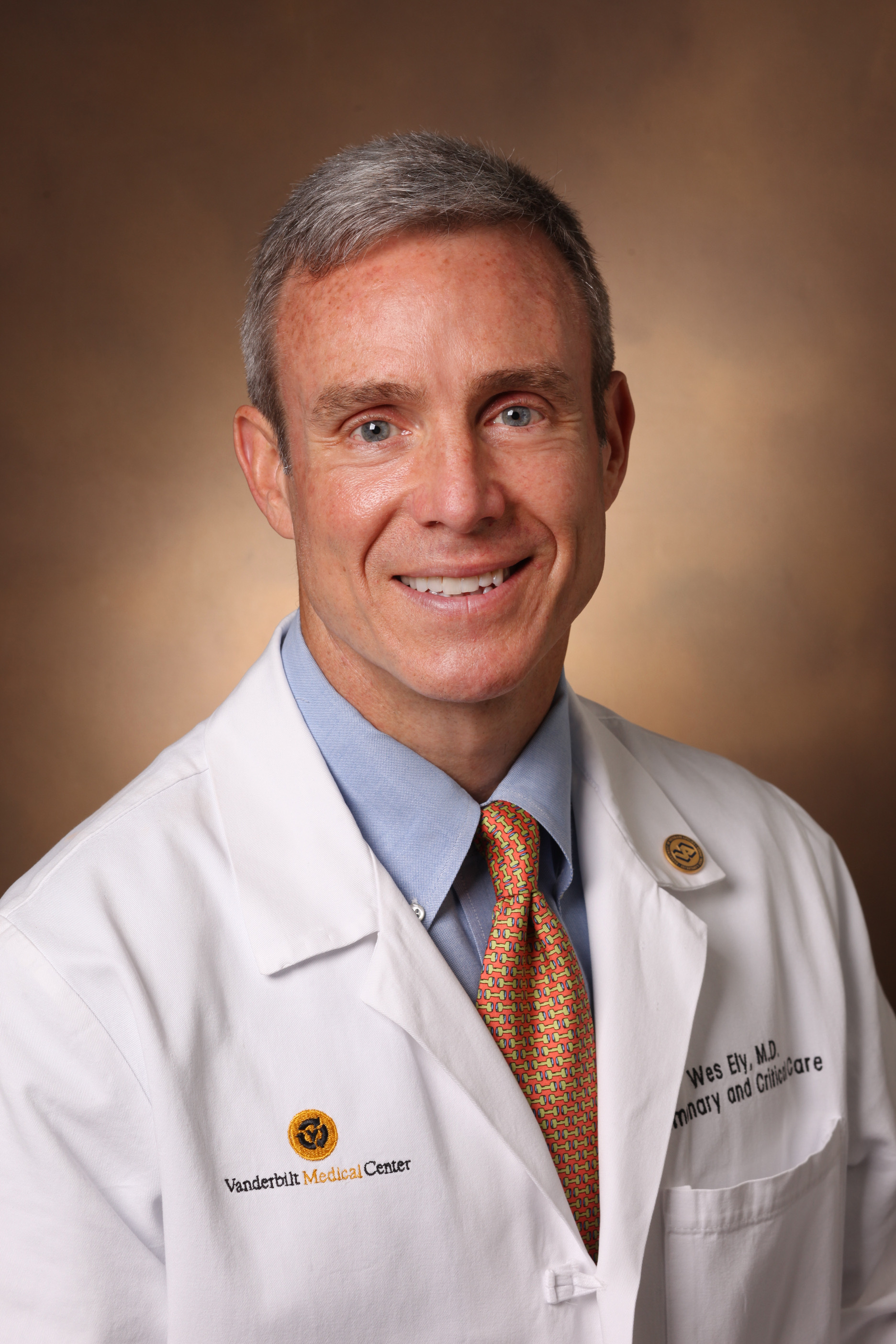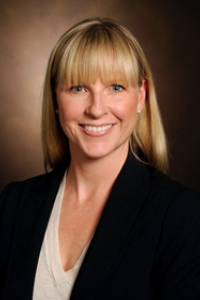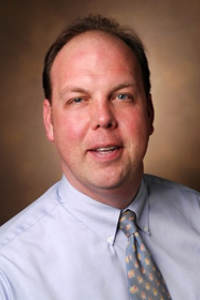
Surviving COVID-19: The Path to Optimal Recovery
Recorded On: 07/09/2020
Description:
Almost any type of infection can lead to sepsis. The virus, SARS-CoV-2, can cause severe COVID-19 disease and lead to viral sepsis. As we learn more about acute clinical care for patients with COVID-19, it is essential to understand the recovery phase to provide optimal patient care. Understanding the challenges of survivors of COVID-19 and viral sepsis will help improve long-term outcomes. In this webinar, learn about delirium, fear, and the ABCDEF Bundle related to COVID-19 and sepsis. Speakers discuss the role of post-ICU clinics, related post-intensive care syndrome (PICS), ICU-acquired weakness (ICUAW) and physical disability. Cognitive and mental health are an important component of patient care throughout the continuum of care.
Learning Objectives:
At the end of the activity, the learner should be able to:
- Describe the typical challenges of survivors of COVID-19 and viral sepsis;
- Discuss delirium, fear, and the ABCDEF Bundle related to COVID-19 and sepsis;
- Review post-intensive care syndrome (PICS), ICU-acquired weakness (ICUAW) and physical disability experienced by patients hospitalized with COVID-19;
- Explore the cognitive, emotional and mental health challenges for patients throughout recovery and longer-term period;
- Identify actions to take during acute phase to improve survivorship.
Target Audience:
Nurses, advanced practice providers, physicians, emergency responders, pharmacists, medical technologists, respiratory therapists, physical/occupational therapists, infection prevention specialists, data/quality specialists, and more.

E. Wesley Ely, MD, MPH
Professor of Medicine and Critical Care, Associate Director of Aging Research, VA GRECC
Vanderbilt University School of Medicine
Dr. E. Wesley Ely, MD, MPH is a professor of medicine at Vanderbilt University School of Medicine and the Associate Director for Research for the VA Tennessee Valley Geriatric Research and Education Clinical Center (GRECC). He is also the co-director of the Center for Critical Illness, Brain Dysfunction, and Survivorship (CIBS) Center. He has a subspecialty training in Pulmonary and Critical Care Medicine and a particular passion for care of older critically ill patients. During the COVID-19 Pandemic, Dr. Ely and the CIBS Center designed and conducted multiple federally and institutionally funded COVID-related investigations
Dr. Ely’s research has focused on improving the care and outcomes of critically ill patients with ICU-acquired brain disease (manifested acutely as delirium and chronically as acquired dementia.) The CIBS Center has amassed thousands of patients into cohort studies and randomized trials answering vital questions about ICU acquired brain disease and other components of ICU survivorship. His team developed the primary tool (CAM-ICU, translated into 30+ languages) which is used to measure delirium in ICU-based trials and clinically at the bedside in ICUs worldwide. Dr. Ely has been continuously federally funded (NIA and/or VA) for over 15 years. He has over 450 peer-reviewed publications and over 50 published book chapters and editorials.

Carla Sevin, MD
Director, The ICU Recovery Center at Vanderbilt; Medical Director, Pulmonary Patient Care Center; Associate Professor of Medicine
Vanderbilt University School of Medicine
Dr. Carla Sevin received her undergraduate degree from Duke University and her M.D. from the University of South Florida. She trained in Internal Medicine at Vanderbilt University and completed a Pulmonary and Critical Care Fellowship there. She has received additional sub specialty training at the Universtitäts Spital in Zürich, Switzerland, and the University of California in San Francisco, CA. She is board certified in Internal Medicine, Pulmonary Medicine, and Critical Care Medicine. Her professional interests and experience focus strongly on inpatient pulmonary and critical care medicine as well as the care of patients after critical illness. Since 2011 she has led the development and implementation of the ICU Recovery Center at Vanderbilt (formerly the Vanderbilt ICU Survivor Clinic). In 2014 she assumed the directorship of the Pulmonary Patient Care Center at Vanderbilt. In addition to caring for a robust inpatient and outpatient population of pulmonary patients, including those recovering from critical illness, she has worked with the THRIVE Task force of the Society of Critical Care Medicine (SCCM) to further awareness, research, and education about post intensive care syndrome (PICS),and in 2017 started the THRIVE Post ICU Clinic Collaborative. Through these efforts she has had the opportunity to speak with patients, caregivers, intensivists, primary care physicians, allied health professionals and hospital administrators about the pressing need to define this syndrome and develop a means to diagnose and treat it. She is often invited to speak on the role of ICU aftercare programs in our changing healthcare environment, and the benefits and barriers to creating such programs in practice.

James C. Jackson, PsyD
Director of Long-Term Outcomes, ICU Recovery Center
Vanderbilt University School of Medicine
James Jackson, PsyD is the Assistant Director of The ICU Recovery Center at Vanderbilt (one of the only clinics in the United States devoted to treating survivors of critical illness), a Research Associate Professor, and the lead psychologist for the CIBS Center at the Vanderbilt University School of Medicine. He earned his PsyD degree in Clinical Psychology at Biola University in July 2001, completed a psychology residency at the Vanderbilt/VA Psychology Consortium, and was a VA Clinical Research Center of Excellence (CRCOE) Fellow and a Visiting Scholar at the Oliver Zangwill Center in Ely, England, where he received extensive training in neuropsychological rehabilitation. A licensed psychologist and active researcher and clinician, he is one of the world’s leading authorities on depression, PTSD, and cognitive functioning in survivors of critical illness. He has authored over 90 scientific publications in leading scientific journals and has been interviewed in articles in the New York Times, the Washington Post, the Boston Globe, and many other prominent media venues. Dr. Jackson is a popular lecturer and has spoken at academic meetings, major universities and medical centers around the globe.
Provider approved by the California Board of Registered Nursing, Provider Number CEP17068 for 1.7 contact hours.
Other healthcare professionals will receive a certificate of attendance for 1.25 contact hours.
Medical Disclaimer
The information on or available through this site is intended for educational purposes only. Sepsis Alliance does not represent or guarantee that information on or available through this site is applicable to any specific patient’s care or treatment. The educational content on or available through this site does not constitute medical advice from a physician and is not to be used as a substitute for treatment or advice from a practicing physician or other healthcare professional. Sepsis Alliance recommends users consult their physician or healthcare professional regarding any questions about whether the information on or available through this site might apply to their individual treatment or care.
